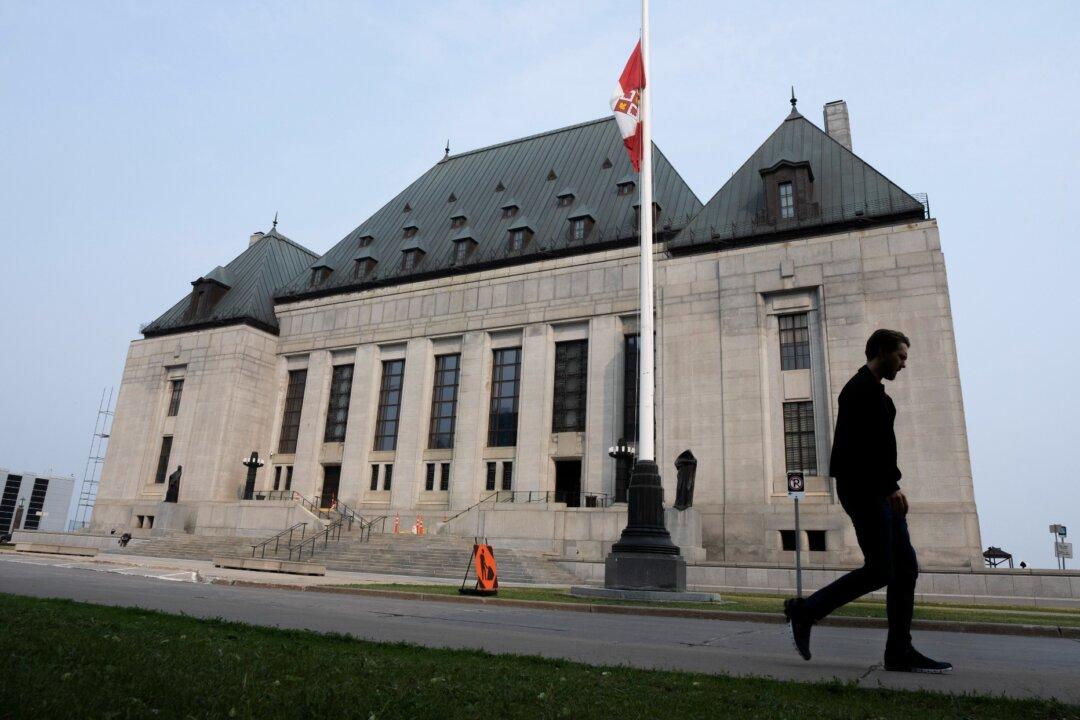The constitutional right of judicial independence is not compromised for soldiers appearing in front of military judges, the Supreme Court of Canada has ruled.
Nine members of the Canadian Armed Forces had appealed different cases, arguing that military judges may have divided loyalties because they are also military officers who are part of a chain of command.





